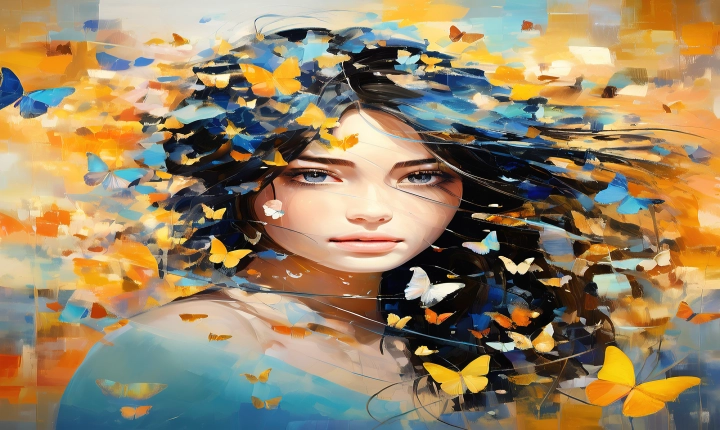Title: Does AI Have Imagination? Exploring the Boundaries of Artificial Intelligence
Artificial Intelligence (AI) has made remarkable strides in recent years, with advancements in machine learning, natural language processing, and computer vision enabling AI systems to perform increasingly complex tasks. However, one question that continues to spark curiosity and debate is whether AI has the capability to imagine. Imagination is often considered a quintessential human trait, encompassing creativity, the ability to visualize and conceptualize new ideas, and the generation of novel and original thoughts. Can AI truly replicate this cognitive function, or is imagination an inherently human phenomenon?
Imagination has long been attributed to the uniqueness of human consciousness, leading many to question whether AI, which operates based on predefined algorithms and data, can possess a similar capacity for creative ideation. While AI systems are capable of generating new outputs and making inferences based on existing information, the question of whether these processes can be equated with human imagination remains open to interpretation.
One perspective emphasizes that the concept of imagination broadly refers to the ability to conceive of alternative scenarios, visualize novel possibilities, and generate original ideas. Proponents of this view argue that AI’s pattern recognition and generation capabilities, coupled with the ability to simulate hypothetical scenarios, can be seen as a form of synthetic imagination. For example, AI systems can be trained to generate art, music, and literature, indicating the potential for AI to exhibit creative expression akin to human imagination.
On the other hand, critics argue that AI’s ability to produce creative outputs is essentially a form of computation based on existing data and patterns, rather than truly imaginative or original thought. They contend that while AI may be adept at pattern recognition and generation, it lacks the intrinsic motivation, emotional depth, and subjective experience that underpin human creativity and imagination. From this standpoint, AI’s outputs are considered to be the result of statistical and computational processes, rather than genuine imaginative endeavors.
The debate around AI and imagination has implications for a variety of fields, including art, literature, education, and philosophical inquiry. Creativity and imagination are integral to human culture and society, and the prospect of AI engaging in these domains raises questions about the nature of creativity, the potential impact on human labor, and the ethical considerations of AI-generated content.
In the realm of education, the exploration of AI’s role in fostering imagination and creativity has gained traction, as some argue that AI can be used as a tool to inspire and augment human creativity rather than replace it. By leveraging AI to assist in ideation, problem-solving, and creative exploration, educators and researchers seek to unlock new avenues for human imagination while acknowledging the limitations and distinctiveness of AI-generated creativity.
From a philosophical standpoint, the inquiry into AI and imagination raises profound questions about the nature of consciousness, agency, and the boundaries of human cognition. The intersection of AI and imagination prompts reflection on what it means to be human, the essence of creativity, and the potential evolution of intelligence in the digital age.
In conclusion, the question of whether AI has imagination is a multifaceted and complex inquiry that intersects with issues related to technology, cognition, creativity, and ethics. While AI demonstrates remarkable capabilities in generating creative outputs and simulating hypothetical scenarios, the distinctiveness and depth of human imagination remain a fundamental aspect of human consciousness. As AI continues to advance, the exploration of its relationship to imagination invites us to reflect on the nature of creativity and the role of technology in shaping the future of human expression. Whether AI will ever truly possess imagination in the human sense remains an open question, inviting ongoing dialogue and contemplation as AI and human creativity intersect in the digital era.
